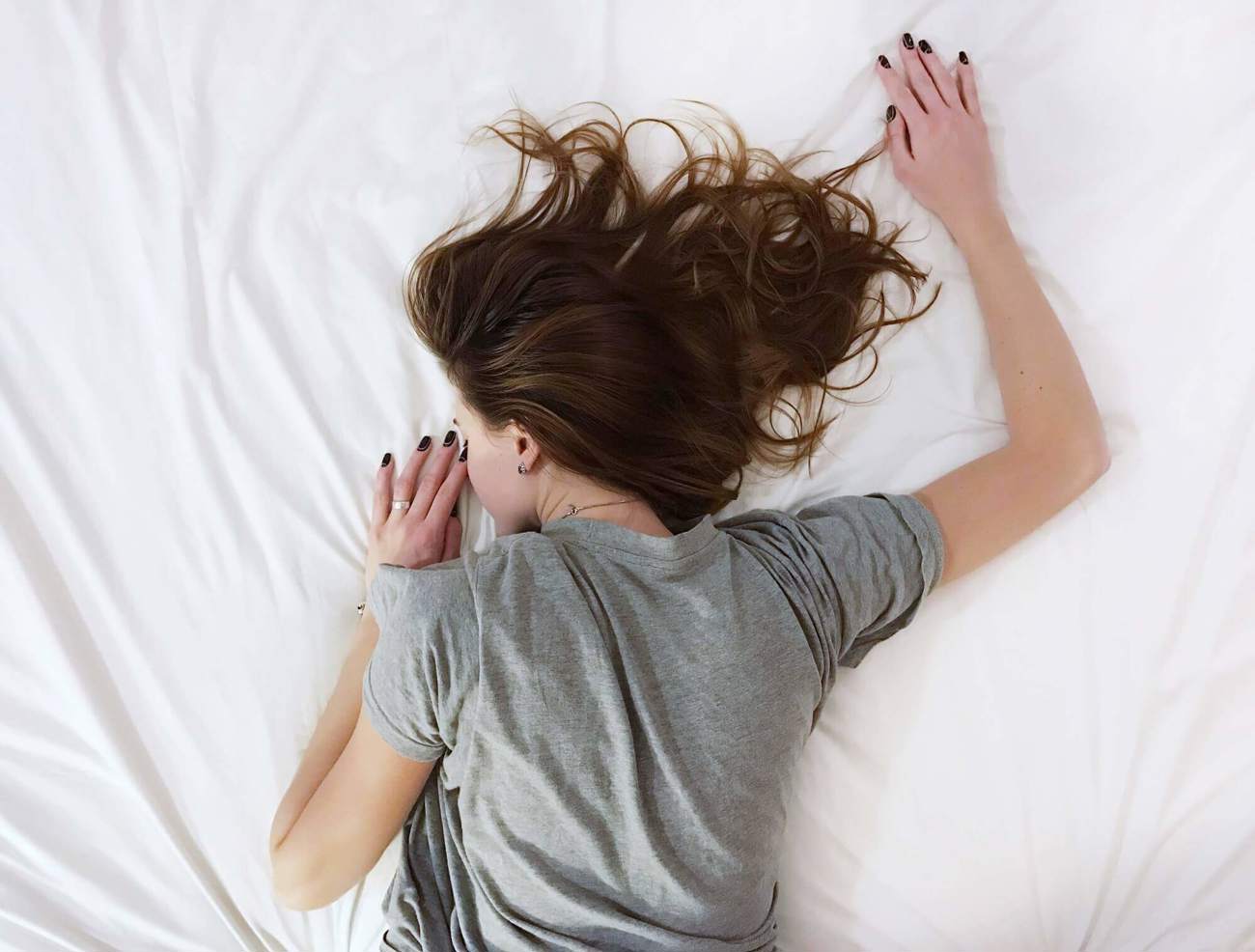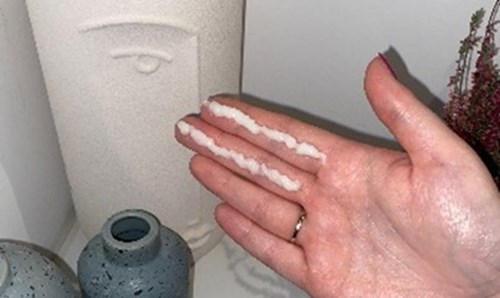We know a thing or two about getting a good night’s sleep here at Apex Hotels. That’s why we invest so much on our pillows (goose feather and down with the option of microfibre, don’t you know?) and bedding (duck feather and down, obviously with some soft blankets and Egyptian cotton mattress protectors for good measure) to ensure all of our guests leave feeling refreshed and relaxed.
However, during these difficult times with the stresses and strains of lockdown– a deep, comfortable sleep can be difficult to fall into.
So, with help from our wellbeing ambassador Celynn Morin – dietitian, wellbeing expert, speaker and author – we’ve pulled together some top tips to help you get that perfect night’s sleep at home, ensuring you’re ready to take on the day ahead.

Don't Skimp On Sleep
The immediate effects of this are obvious – you’ll be groggy, unfocused, sluggish and craving a nap or a coffee. Longer-term effects can include being overly emotional, longing for a sugar hit, reduced memory and clumsiness. So, when you’re mid-Netflix binge, maybe reconsider whether staying awake for ‘one last episode’ is really the best decision…
Know Your Needs
Many of us get too little sleep – but do you know what counts as too little? Less than six hours per night. Most of us need between seven and nine hours of good quality sleep per night.
Set A Routine
We know how important it is to get children into a bedtime routine – and it’s just as important for adults. Start to wind down and relax at least an hour before you want to go to bed and you’ll find it easier to get to sleep.
Digital Detox
Scrolling social media or catching up on emails in the evening is tempting, but you should stop using your mobile or laptop before bed to avoid stimulating your mind too much. It’s helpful to avoid blue light so that your pineal gland produces adequate amounts of the sleep hormone, melatonin. Ditch devices to get deep, restorative sleep to reboot your own system.

Tastebud TLC
Think carefully about what you eat and drink before you sleep. Sugary or spicy foods can disrupt digestion so leave at least two to three hours between a large meal and bedtime. Avoid drinks with caffeine and go for herbal tea such as chamomile or peppermint to relax your mind and body with the ritual of enjoying a warm drink. Why not add the luxury of candlelight too?
Heaven-Scent
All of your senses play an important part in a good night’s sleep, and using an essential oil like lavender can help. Use it on your pillow or have a bath with lavender oil to get yourself into a more relaxed state.
Feel-Good Factor
It’s important to choose light, comfortable sleepwear that feels good against your skin. The same goes for bed linen and pillows – use the best you can afford – and change your mattress every eight years. Being comfortable and looking forward to getting into your bed is an important part of getting a better night’s rest.
Power Nap
You don’t need a two-hour siesta to feel the benefit of a nap – a 20 to 30-minute power nap can give your body and mind a chance to switch off and recharge. Chill out, block out light, put in headphones or earplugs and get comfortable – and even if you don’t fall sound asleep, you’ll still resurface relaxed. To help get into the ‘zone’ use mindfulness-based apps to help you relax by listening to a guided visualisation, relaxation or breathing technique.




